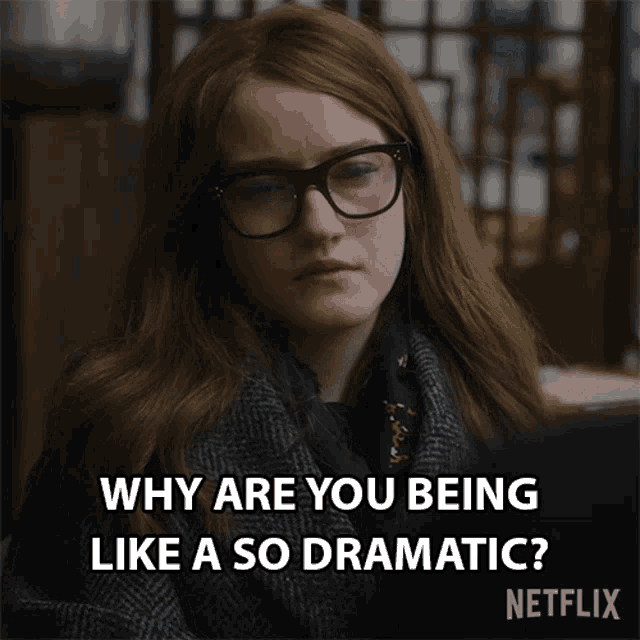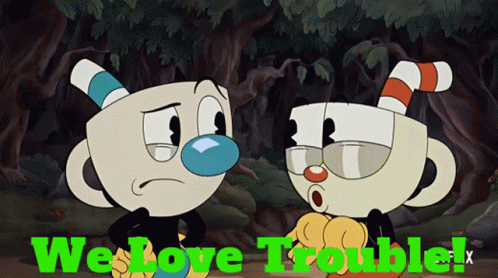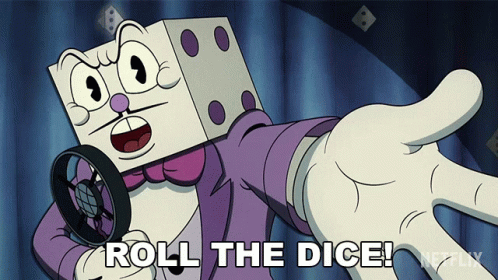I’m not someone who picks up a lot of contemporary novels. I veer more towards fantasy and sci-fi, but I have a shelf dedicated to the contemporary novels that catch my eye. I even have a few authors who I eagerly await new releases from, including Benjamin Alire Sáez, Morgan Matson, Andrew Smith, and now, Jenna Evans Welch. I read what is actually the third book in her Love & series and I fell in love with her writing. This was a fun read, but with a lot of emotional baggage to tear through amidst the beautiful adventure through a Greek Island. I’ve already picked up Love & Gelato, which is coming to Netflix this summer (and I will absolutely be reviewing that as well.) In fact, her latest novel, Spells for Lost Things comes out this September and it already sounds amazing.
Liv Varanakis hasn’t seen her father, Nico, since she was eight years old, when he suddenly disappeared. Nearly ten years later, he sends a postcard, asking Liv to join him in Santorini to film a documentary for National Geographic about the lost city of Atlantis. When she arrives, she meets Theo, her father’s protégé and cameraman, who’s there to witness all the awkwardness in Liv’s reunion with her father. But as they delve further into the story of Atlantis, Liv begins to wonder if her father brought her to Santorini for other reasons.
Kalamata, no one knows what they’re doing. It’s called life.
Love & Olives
As I stated before, contemporary isn’t my go-to genre. I’m usually drawn in by the beautiful covers or title, and this book had both. But it also had the word Atlantis in its blurb, and I was hooked. I’ve been obsessed with the story of Atlantis, and I still believe the Disney film is a highly, HIGHLY underrated treasure. So, I didn’t hesitate to snatch this book off the shelf. It was a beautiful book, both in story and setting. Welch has such a lovely way with words, so I was flying through the book, not wanting it to end but still eager to find all the answers.
Recently, I had the opportunity to visit the beautiful country of Greece. Our itinerary included a five night stay in Santorini, so it only made sense to pack this book along for the journey. I only managed about halfway through before the trip ended, as we did a whole lot of walking and sightseeing, so by the time we were back at the hotel, I was way too tired for reading. I did, however, finish it just after we returned, so the memory of Santorini was still fresh in my mind.
It was absolutely incredible to read this book while in the vibrant setting it takes place in. Santorini in itself is gorgeous, but Santorini in the eyes of an artist is even more breathtaking. The vivid colors that you find in the sparkling Mediterranean water, the vibrant cliffsides, the iconic blue domes are all present in this story. Welch captured the feel of Santorini that I just barely got a glimpse of, and I could tell a lot of care went into portraying the island. Most of the story is in Oia, with a trip to Akrotiri and a few scenes in Kamari, which I didn’t get around to seeing for myself. The island came to life on the pages, and I’m so glad I brought this book on my own journey.
One of the places we spend the most time in is the Atlantis Bookshop in Oia and I sincerely thought it was a fake place made up for the book. I was shocked when we rounded a corner and the bookshop was right there, in front of my eyes. I was so thrilled and eager to rove through the shelves and discover the hidden bunk room for myself. I realized the shop was closed and we chalked it up to it being the afternoon when a lot of people close up and rest. So, we went back later, but it was still closed. Not deterred, we returned to Oia a couple days later only to discover that the shop had closed down a year ago. It was such a disappointment seeing the lively rooftop from the story abandoned with moldy books falling from the shelves and overgrown vines taking over the ground. If only I could move in and become the new bookseller, shoving romance novels in tourists’ hands.
The main premise of Love & Olives is Liv navigating her fragile relationship with her father. When he writes to her, she doesn’t want to go, but her mother is insistent, and she’s quickly whisked away. Meanwhile, there’s Theo running around, getting Liv all flustered around him. I really liked Theo. He was charismatic and fun and seems like the perfect person to explore Santorini with.
At the forefront is the search for evidence of Atlantis for the documentary, but the novel quickly shifts to the rediscovery of Liv’s relationship with her father. The two storylines easily weave together and falls into that cheesy saying, “The treasure was the friends you made along the way” but it’s so well portrayed here. All of Liv’s memories with her father are about their love for Atlantis and their quest to find it one day. Now that the time has come, a huge rift has formed between the father and daughter and the adventure is no longer thrilling for Liv. Instead, she feels embarrassment and shame that her father is so obsessed with a myth. With the help of Theo, she starts to discover what Atlantis truly means to her father and to herself. There’s a lot of emotional moments throughout and it’s a book that will sit with you after you’ve read it.
“There are two stories to the door – the tourist version and the local version.”
[…]
“Two stories,” I repeated, placing my palm flat on the peeling paint. Did anyone really believe the Narnia one? And if so, why, when there was almost always a boring explanation eager to explain the magic away?
I felt the thought coming before it spelled itself out. Dad is a Narnia person. He’d always seen the magic in the mundane.
Love & Olives, p.367-8
Here we get into spoiler territory so be sure to read the book before continuing on in the review.
I could tell right away that Liv’s relationship with Dax was not going to make it. From the first moment, he came off as the controlling boyfriend. He has a whole plan set up for Liv after high school and doesn’t seem to listen to what she wants. To be fair, Liv has molded herself into a fake persona that’s carefully crafted, so she wasn’t even being honest with herself. So when Liv started connecting with Theo, I was eagerly rooting for the two of them. Yes, it’s a rushed, whirlwind attraction, but they have such good chemistry with one another, it was easy to believe in their connection.
Theo is so much better for Liv because she’s able to drop the facade she had cultivated and be herself. Something about Theo brings out Liv’s honesty and his constant optimism really helps Liv open up to her father. She’s able to see him through Theo’s eyes, not as the horrible father who ran out on her and her mother, but as the active, selfless man that everyone in Santorini adores. I was very much on the side of Liv forgiving him and mending their relationship, but a lot of that is due to personal experiences.
But some people are worth second chances. Not all people. Just some people.
Love & Olives
When Liv’s dad started disappearing to Athens without any notice, I didn’t buy the tax story one bit and knew immediately that he was sick. I watched my own dad battle cancer so when we started to see the toll that filming took on Nico’s body, I realized he was very sick. Liv, though, gets the entirely wrong idea, thinking that her dad is just abandoning her again and I was so frustrated. I wanted to scream at her because stories about a sick parent always tug at my heart. Even though her dad left her when she was a child, I can’t help but always want people to treasure the time they have with their parent because I would give anything to have more time with my dad. I will admit that I am fortunate to have had a good relationship with my dad, so I don’t have the emotional baggage Liv had to deal with, but I’m glad that, in the end, she started to mend the relationship.
If I’d learned anything from the legend of Atlantis, it was this: stories evolved. They got passed down and twisted, and sometimes they came out okay and other times they quadrupled the size of continents or transported timelines to entirely different centuries. If Plato could’ve missed the mark so entirely, was it possible I had too? Was it possible I could learn something that maybe wouldn’t change this whole situation, but could at least give it nuance?
Love & Olives, p.404
I loved that with each chapter, we learned another thing that her father left behind. Along with that item, Liv shares a memory tied to it and we slowly learn about their relationship before her dad left. It’s a great way to show the past alongside the present.
The last item revealed at the end brought me to tears. I was already overwhelmed by all the feels, and when Liv tells us that number twenty-six is herself, I was sobbing. You can see how much her dad loves her and the revelation that he left because of his mental illness is such an emotional moment. Again, due to personal experience, I was ready to forgive him and I’m so glad that Liv was able to begin doing so as well.
Nico is not a perfect father by any means, but he clearly loves his daughter. Their shared love for Atlantis bonds them and when we learn why Nico is so obsessed with it, it makes you want to believe that the city is real. That perfect island that was lost to the sea could one day be found. If that could be found, then Nico can find the life he once had, before his own father brought it crumbling down, leaving Nico and his mother to pick up the pieces, ostracized the people that had once loved them. Liv experiences a similar situation but Atlantis brings them back together.
After reading Love & Olives, I’ve become a believer that the island of Santorini is the setting of the lost city of Atlantis. I did have a few tour guides help me discover the ancient city when I was in Santorini, but Nico’s passionate search won me over. And Jenna’s beautiful story has won me over to her books.













































